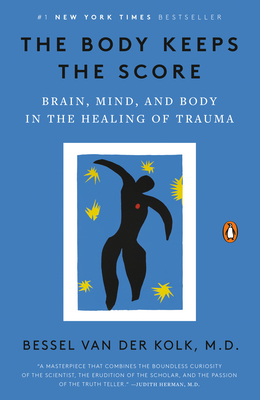
Cognitive Dissonance: Reexamining a Pivotal Theory in Psychology
Description
2019 Outstanding Academic Title
What mental process occurs when a person does something she knows is unhealthy? When an honest person tells a "white lie," what happens to his or her sense of integrity? If we must choose between two equally attractive options, why does our value judgement of the options change after the choice has been made?
In 1954 Dr. Leon Festinger first posited a theory of cognitive dissonance to describe the psychological phenomenon that occurs in these situations. In the years since, cognitive dissonance has become a central pillar of psychological theory, as was documented in the first edition of this book. In this new and fully-updated edition, editor Eddie Harmon-Jones brings the study of cognitive dissonance into the twenty-first century. Contributors survey recent discoveries about the role dissonance plays in a variety of information processes, as well as connections between dissonance processes and other motivational processes. Other authors introduce mathematical and action-based models that summarize how dissonance works. Evidence describing the neural correlates of dissonance are also provided, helping demonstrate the biological foundations of the theory.













